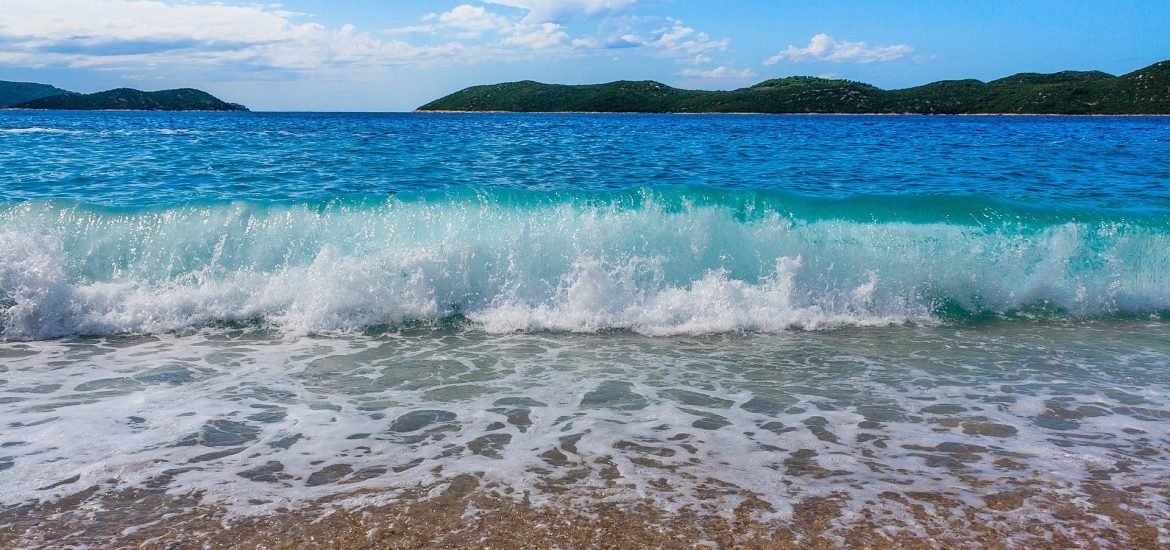
Croatia has approved the construction of a new liquefied natural gas (LNG) terminal on the island of Krk in the northern Adriatic Sea. The law, passed on Thursday by Croatia’s legislature, is part of a wider European Union effort to diversify its gas supply and reduce dependence on Russian imports.
In addition to diversifying Croatian gas mix, the project will also supply gas to other countries in central and southeastern Europe that currently depend on gas imported from Russia. Croatia currently imports 60% of its gas supply from Russia, but this number is even higher in other countries in the region. According to EU statistics database Eurostat, many central and eastern European nations depended on Russia for over 75% their gas consumption in 2016.
The €250 million project will be partially funded by the EU, which has said it will contribute €101.4 million. The remaining portion will be financed from equity and loans.
The project will be constructed in two phases – a floating terminal will be built first, followed by an onshore facility. 77 members of Croatia’s 151-seat parliament voted in favour of the law, which was placed in the legislature’s “fast track procedure.” The government said the law was designed to solve property and legal issues at the terminal site.
Local authorities, activists and environmental groups have raised concerns that the terminal could affect tourism, which accounts for as much as 20% of Croatia’s GDP.
“We will ask the constitutional court to assess whether this law is lawful,” Marija Mileta from Green Action told Xinhua on Thursday. Mileta said that an environmental impact study provided by LNG Hrvatska was not conducted properly and that it was illegal to place the law in the fast track procedure.
Opposition members of parliament questioned whether the terminal would be profitable and also argued that it could negatively impact the country’s booming tourism sector. The lawmakers urged parliament to reject the law based on potential harm to the environment.
LNG Hrvatska, the company responsible for the project, recently said the terminal’s capacity had been scaled down to ensure its profitability, with costs reduced by €90 million, reports Reuters.
Croatia’s tourism minister, Gari Cappelli, assured the public that the project would not threaten the environment or the island’s tourism sector.
“I don’t believe that it will be detrimental to tourism,” Cappelli told Croatian news agency HINA, adding that the terminal would use “state-of-the-art-technology.
Environment and energy minister Tomislav Ćorić emphasised the project’s strategic importance, saying the terminal would improve the security of Croatia’s gas supply and provide consumers with lower gas prices.
Croatia’s department of transport and infrastructure stressed that experts have reviewed plans for the project and determined there were no major risks to the environment.
The terminal, which has a planned capacity of 2.6 billion cubic metres of gas a year, is expected to be operational by early 2020.